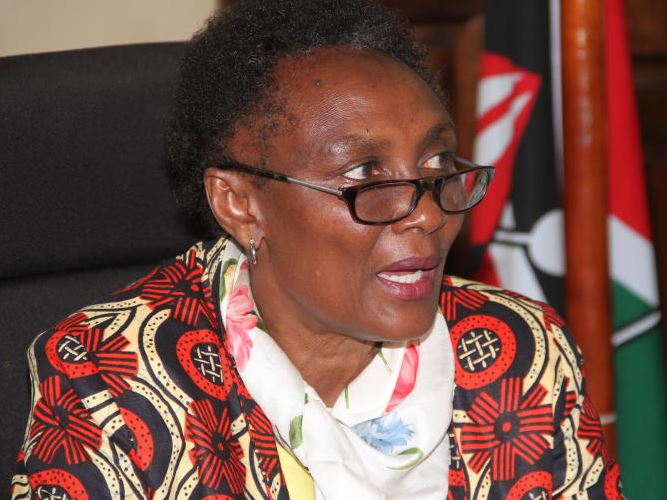×
The Standard e-Paper
Kenya’s Boldest Voice

“Kenyans have let their guard down, and that is where our biggest problem is. That is why the numbers of infected people are soaring,” she says, brow furrowed and arms crossed.